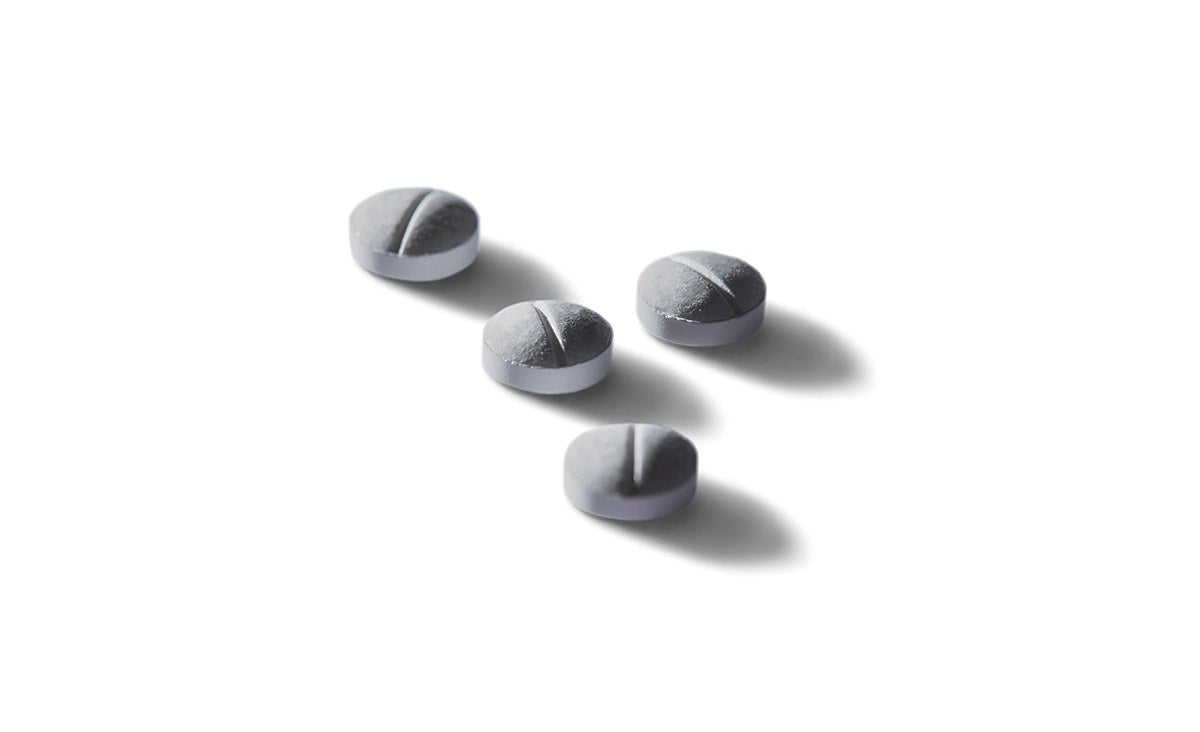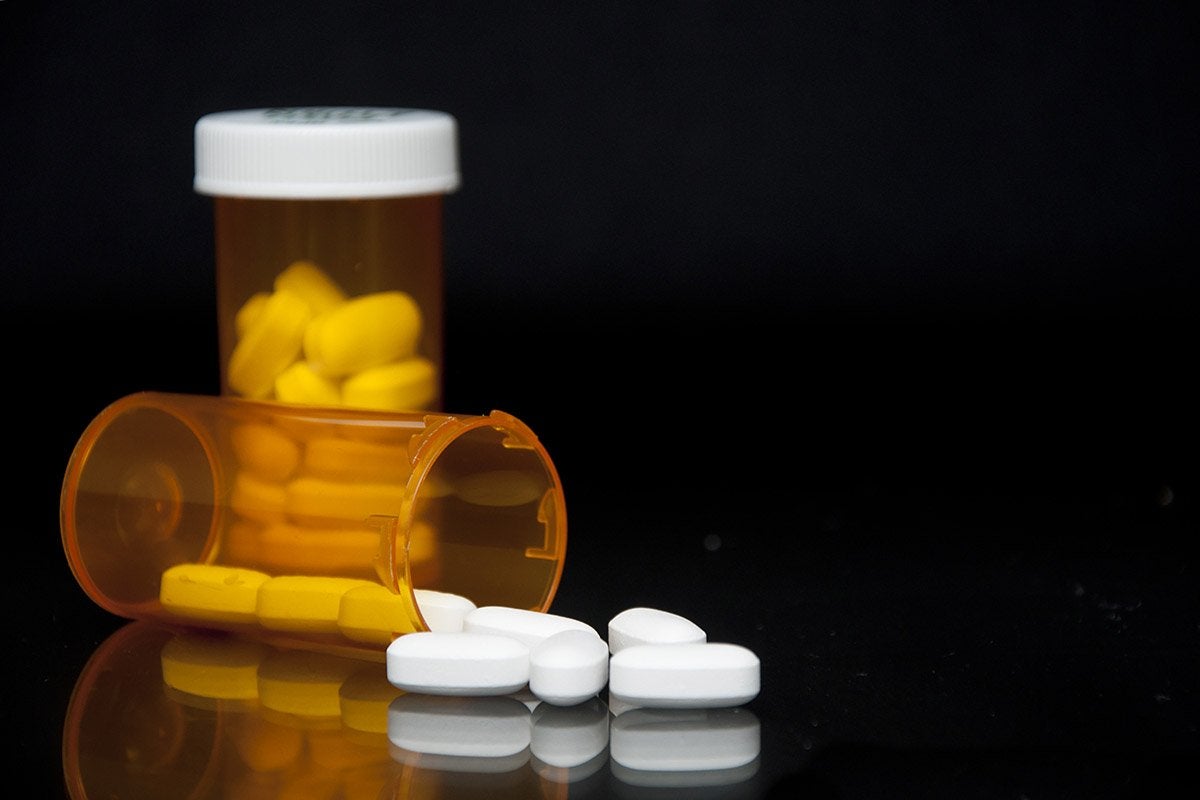Probing public health issues in Massachusetts
Massachusetts may rank as one of the healthiest states in the U.S., but it lags behind countries that are similarly wealthy and industrialized. In a podcast for CommonWealth Magazine, Monica Bharel, MPH ’12, commissioner of the Massachusetts Department of…
℞ for an Epidemic
A surge of opioid prescriptions launched an epidemic of substance use disorder in the U.S. Harvard Chan School researchers are piecing together how it happened—and how to stop it from happening again.

If a doctor writes an opioid prescription, patients should ask why
While there is heightened awareness on the dangers of opioids, it’s still common for doctors to prescribe the drugs even when they are not necessary, according to reports. A September 19, 2019 article in Elemental discussed what patients…
Docs more likely to give opioids later in the day and when behind schedule
The time of day has a notable impact on clinicians’ opioid prescribing decisions, according to a new study. Conducted by researchers from Harvard T.H. Chan School of Public Health and the University of Minnesota, the study examined prescribing…
Significant barriers to care for patients seeking medication for opioid use
Buprenorphine, a highly effective treatment for opioid use disorder, difficult to access in states with high rates of death associated with OUD.

Exploring solutions to the opioid epidemic
Nearly 100 researchers, health professionals, policymakers and community members gathered in Ypsilanti, Michigan on Friday, May 10, 2019 for a daylong summit, cosponsored by Harvard University and the University of Michigan, aimed at finding scalable solutions to the…

Tightening access to painkillers won’t end the opioid epidemic
Policies intended to curb opioid overdoses by limiting access to prescription painkillers may have unintended consequences, including a potential short-term uptick in overdose deaths, according to a new study. The study, which simulated the impact of 11 policies…
How doctors see the opioid epidemic
The opioid epidemic, which has claimed tens of thousands of lives and contributed to a decline in American lifespans, has forced doctors and other medical professionals to reassess policies and practices that have contributed to it. A feature…
No easy path to reducing opioid overdoses
Efforts aimed at curbing access to opioids, including prescription drug monitoring programs and prescribing guidelines, will have only a modest effect on reducing the number of overdose deaths, according to new research. Researchers developed a mathematical model to…
Opioid, amphetamine use spikes in pregnant U.S. women
Opioid use quadrupled and amphetamine use doubled among pregnant U.S. women over the past decade, according to a new study. Researchers found that opioid use jumped from 1.5 per 1,000 deliveries in 2004 to 6.5 per 1,000 in…